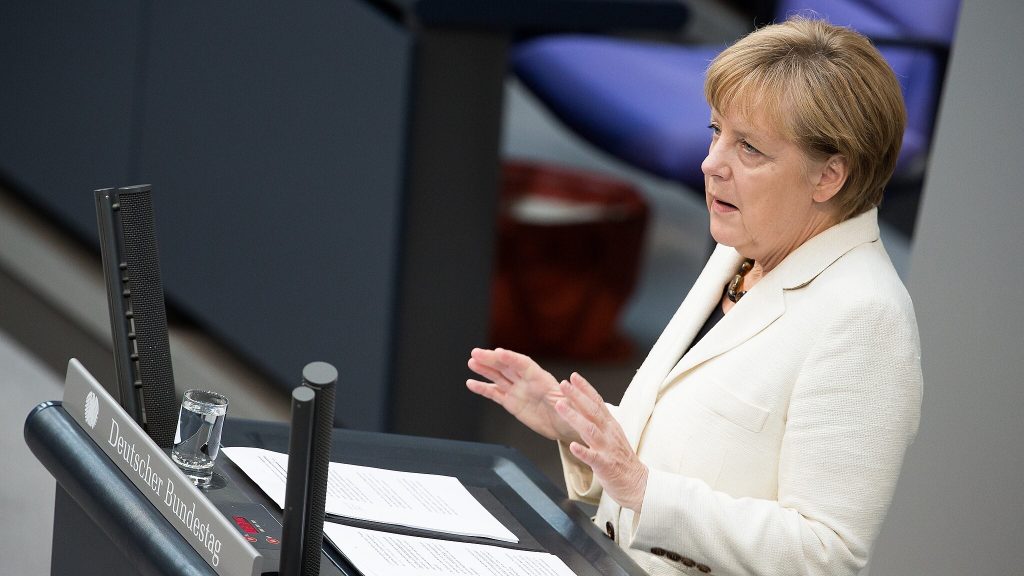Polish and Baltic officials have reacted angrily to what they perceive as an accusation from former German Chancellor Angela Merkel.
Others are reading now
Former German Chancellor Angela Merkel has drawn fierce backlash from Poland and the Baltic nations, according to Politico.
Outrage across Eastern Europe
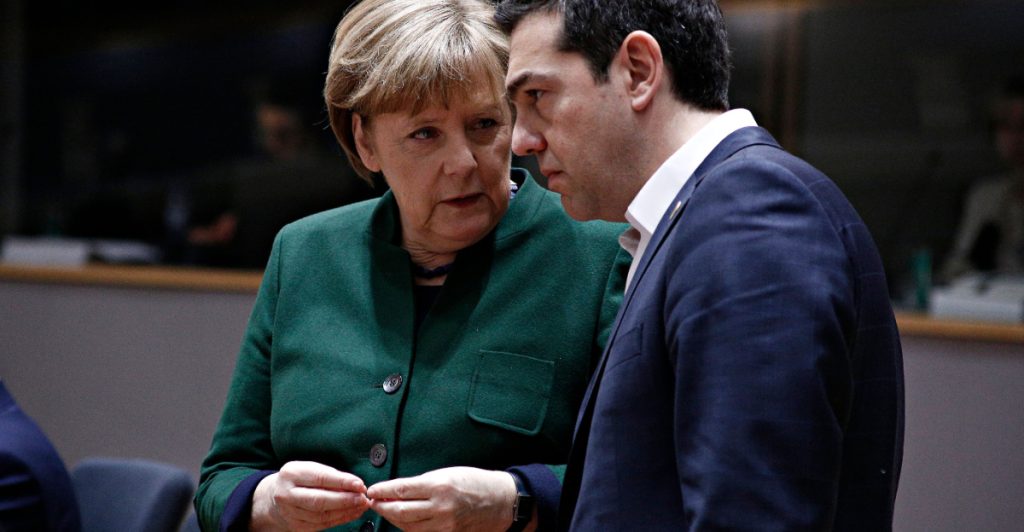
Angela Merkel’s comments during an interview with the Hungarian outlet Partizán have reignited debate over her legacy and her past approach to Russia.
Speaking about events leading up to Moscow’s full-scale invasion in 2022, the former German chancellor said Eastern European countries — mainly Poland and the Baltic states — blocked her proposal to open direct EU talks with Vladimir Putin.
Partly to blame
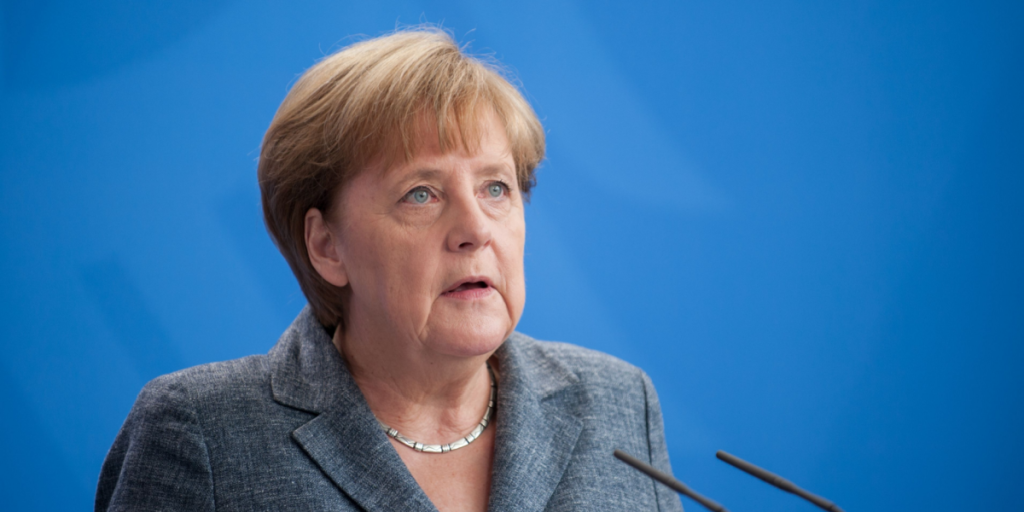
Merkel suggested that opposition to dialogue prevented a united European response to Russia.
“They were afraid we would not have a common policy toward Russia. Then I left office, and Putin’s aggression began,” she stated.
Also read
“She still thinks like this”
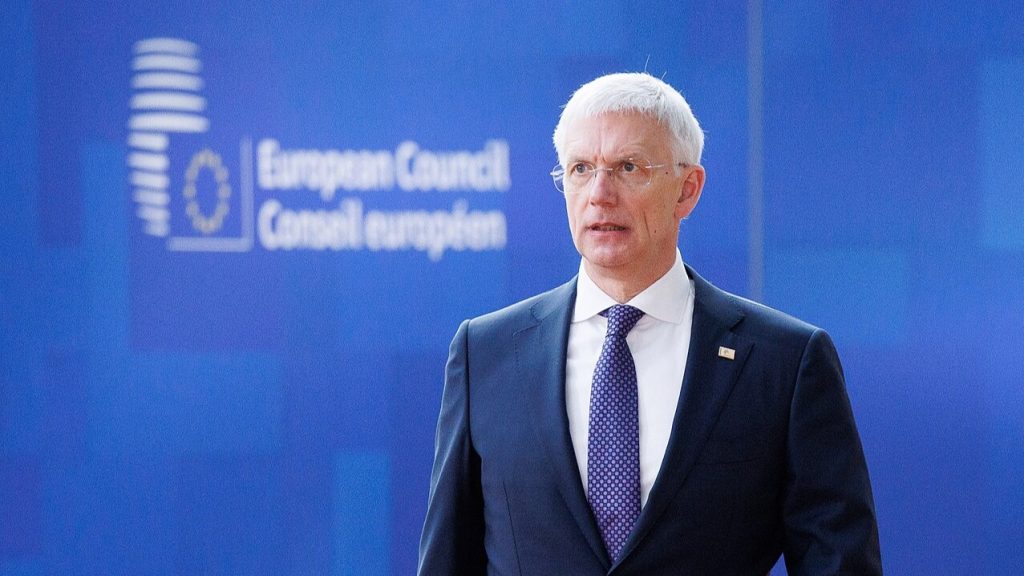
Former Latvian Prime Minister Krišjānis Kariņš rejected Merkel’s comments, accusing her of misunderstanding Putin’s motives both then and now.
“I constantly told her that you can’t deal with Putin ‘in good faith,’ but she thought the Baltic states were wrong,” Kariņš said on Monday. “I’m amazed that, after everything that happened in Ukraine, she still thinks that way.”
He added that Putin’s behavior left only two choices for the West — “to submit or to resist” — and praised current German Chancellor Friedrich Merz for not sharing Merkel’s views.
Estonia: “Russia is solely to blame”
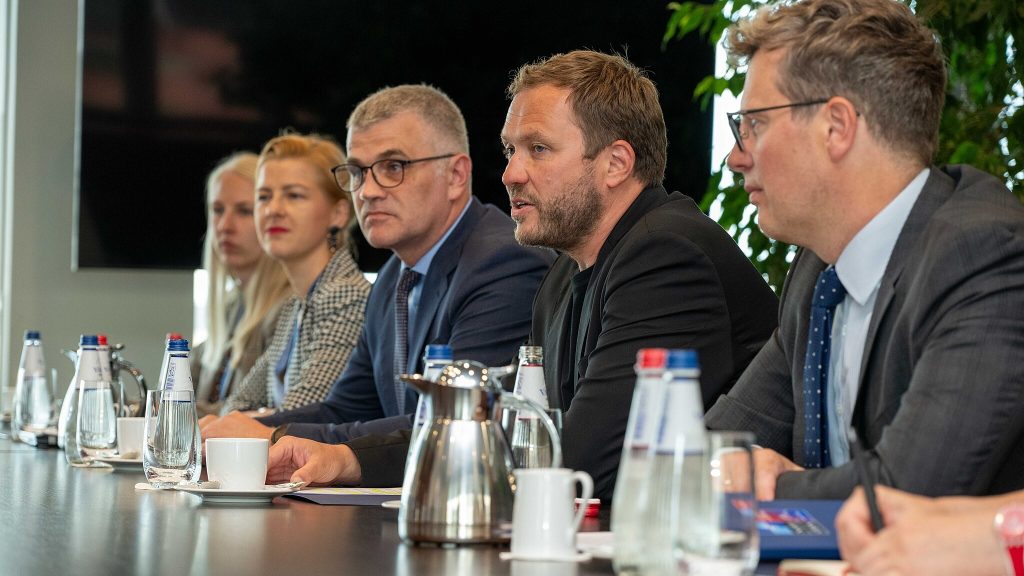
Estonian Foreign Minister Margus Tsahkna also condemned Merkel’s comments, emphasizing that Russia bears full responsibility for the war.
“Russia’s war against Ukraine is motivated by one thing: its refusal to accept the collapse of the Soviet Union and its unrelenting imperialist ambitions. Russia is solely to blame for this aggression,” Tsahkna wrote on X.
Also read
“One of the most harmful politicians”
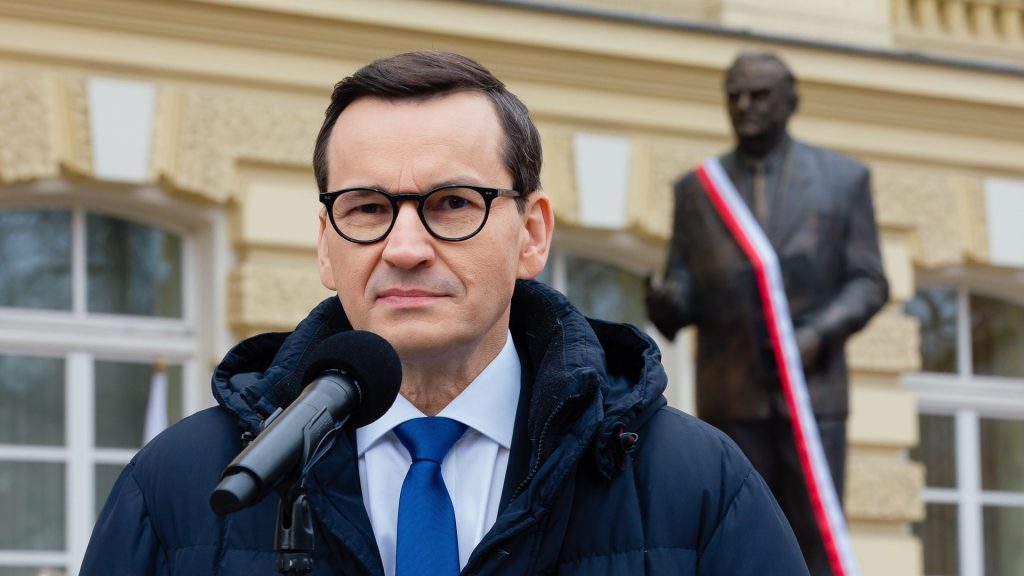
In Poland, the reaction was equally harsh.
Former Prime Minister Mateusz Morawiecki, now a senior figure in the opposition Law and Justice (PiS) party, called Merkel’s remarks “reckless” and labeled her “among the most harmful German politicians for Europe in the last century.”
Polish MEP Waldemar Buda, also from PiS, accused Merkel of enabling Russian aggression.
“When Merkel says she wanted to reach an agreement with Putin again, this would probably have led to the division of Ukraine! They don’t understand that by doing business with Putin, they provoked the war,” he said.
Polish minister: Merkel’s words “fuel Russian propaganda”
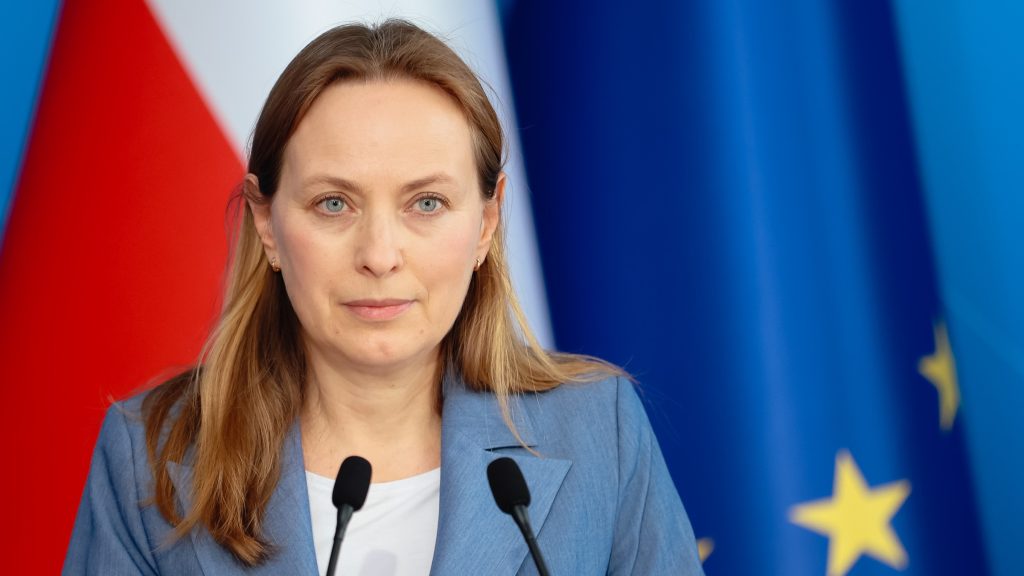
Katarzyna Pełczyńska-Nałęcz, Poland’s minister of regional policy and a former ambassador to Russia, said Merkel’s statements risked strengthening Kremlin narratives.
Also read
“To suggest that the blame for the war lies with someone who didn’t sit down at the negotiating table with Russia on time and didn’t bow down enough to Moscow is absurd,” she said.
“It would have been even worse.”
Some defend Merkel from distortion claims
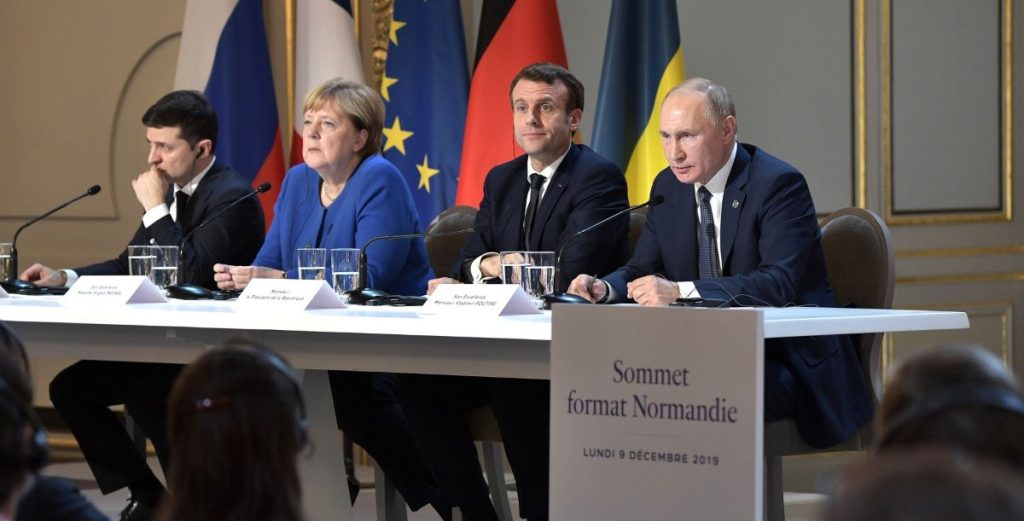
Not all Polish officials agreed that Merkel had accused Eastern Europe of sharing responsibility.
Marek Magierowski, Poland’s former ambassador to the United States, said the media had exaggerated her words.
“The former chancellor only said that the Baltic countries and Poland did not agree to a new EU format for talks with Russia,” he wrote on X. “From that to claiming that ‘Poland is co-responsible for Putin’s war’ is quite a long way.”
Also read
Still, Magierowski added that Merkel’s broader record “was a great disaster for Germany and Europe.”
Merkel’s legacy under renewed scrutiny

Merkel’s comments have once again reopened debate over her 16-year tenure as Germany’s leader.
Critics argue that her reliance on Russian gas and her cautious diplomatic approach toward Moscow emboldened Vladimir Putin, while supporters say she helped maintain European unity through multiple crises.
Her interview comes as her successors in Berlin continue to dismantle key parts of her policy legacy — including her stance on energy dependency and her approach to migration.
The long shadow of Merkel’s Russia policy
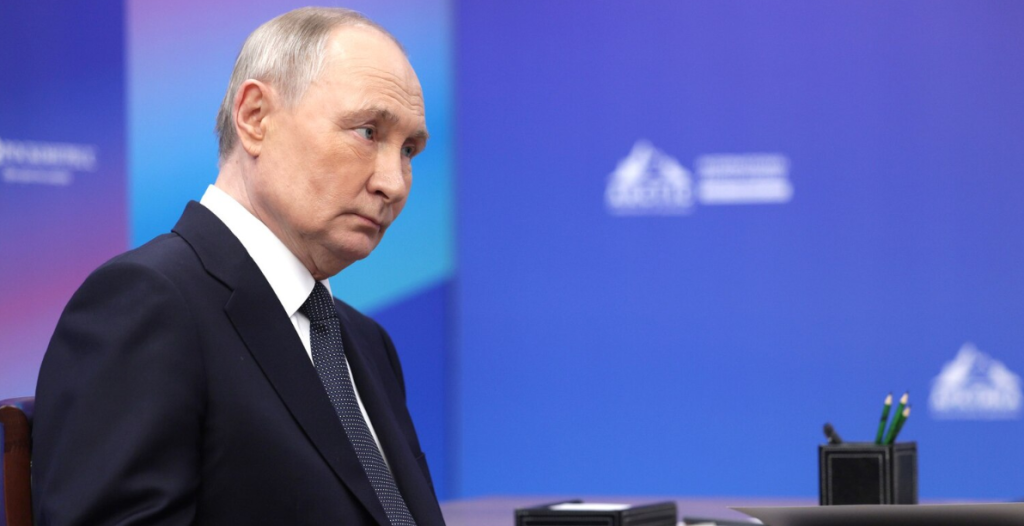
More than a decade after she helped broker the Minsk peace accords, Merkel’s approach to Russia remains divisive.
Also read
Eastern European leaders, who long warned about the Kremlin’s intentions, see her latest remarks as proof that Berlin underestimated Putin’s ambitions.
For them, the former chancellor’s call for more dialogue in 2021 looks, in hindsight, less like diplomacy and more like denial.

